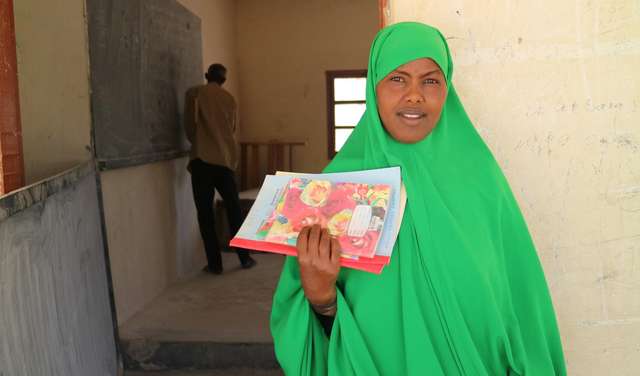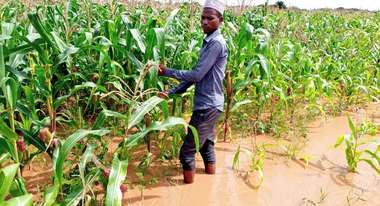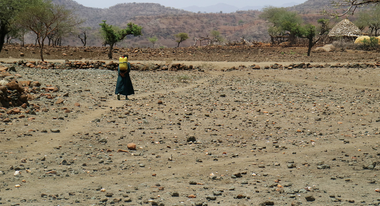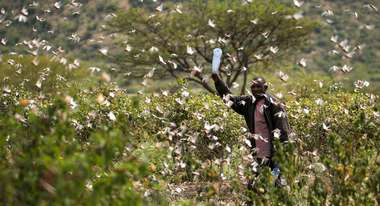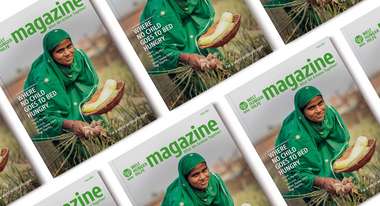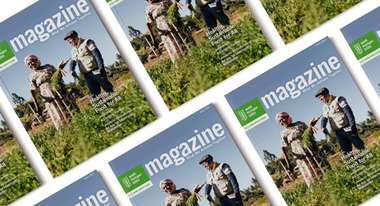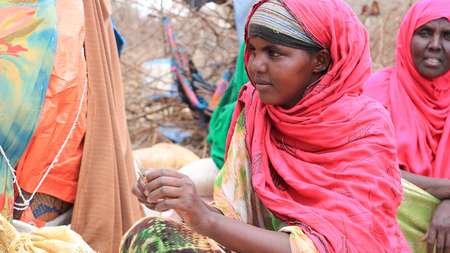
Somalia / Somaliland
Life in the East African country of Somalia is characterized by poverty, armed violence, political instability and natural disasters. Approximately 4.3 million people in Somalia are expected to become acutely food insecure between October and December 2023 (source: IPC). Increasing periods of extreme weather - such as droughts or floods - exacerbate the situation. Northern Somalia is home to the de facto state of Somaliland, which declared itself independent in 1991 but has never been recognized by the international community. A large part of Somaliland's rural population suffers from hunger and poverty. Welthungerhilfe supports people with food security who are threatened by climate change-induced droughts.
Donate



